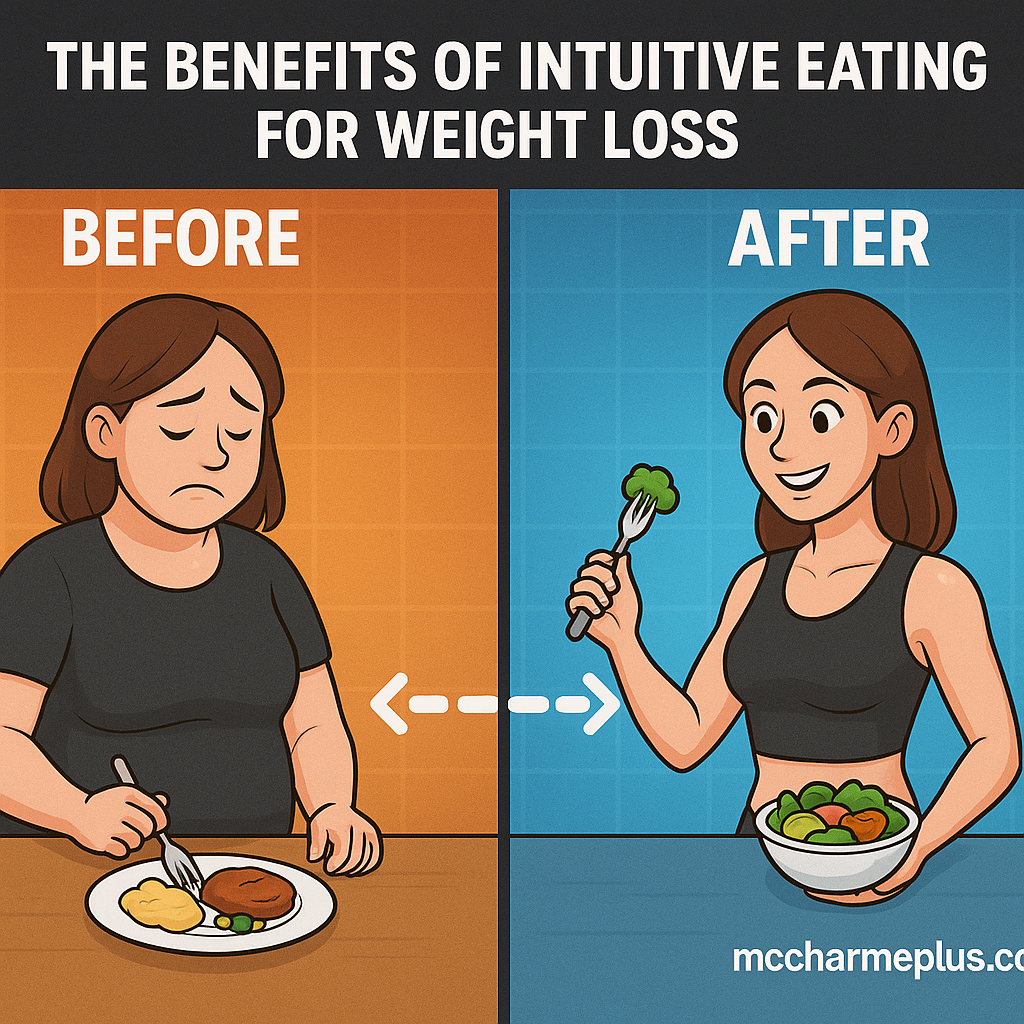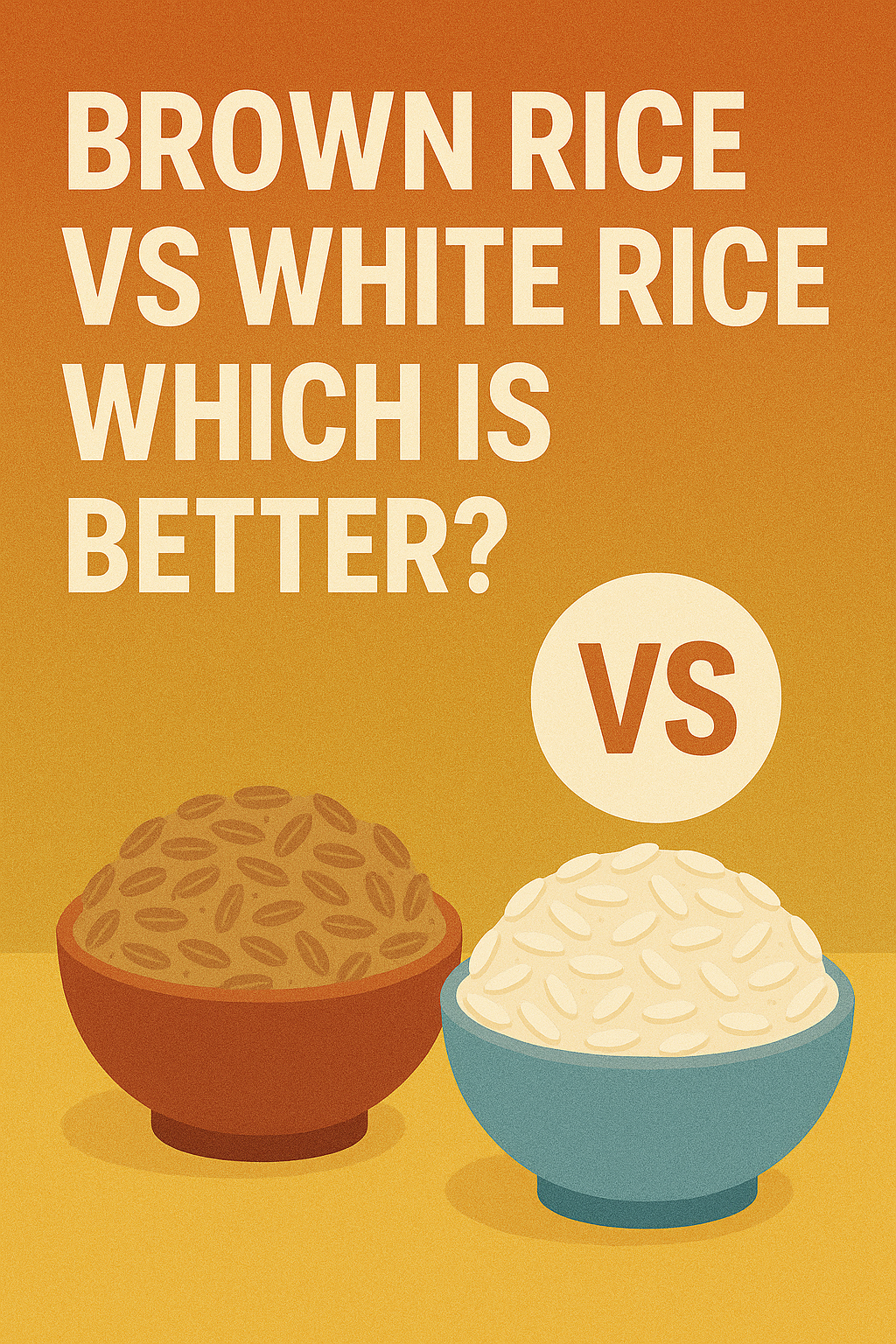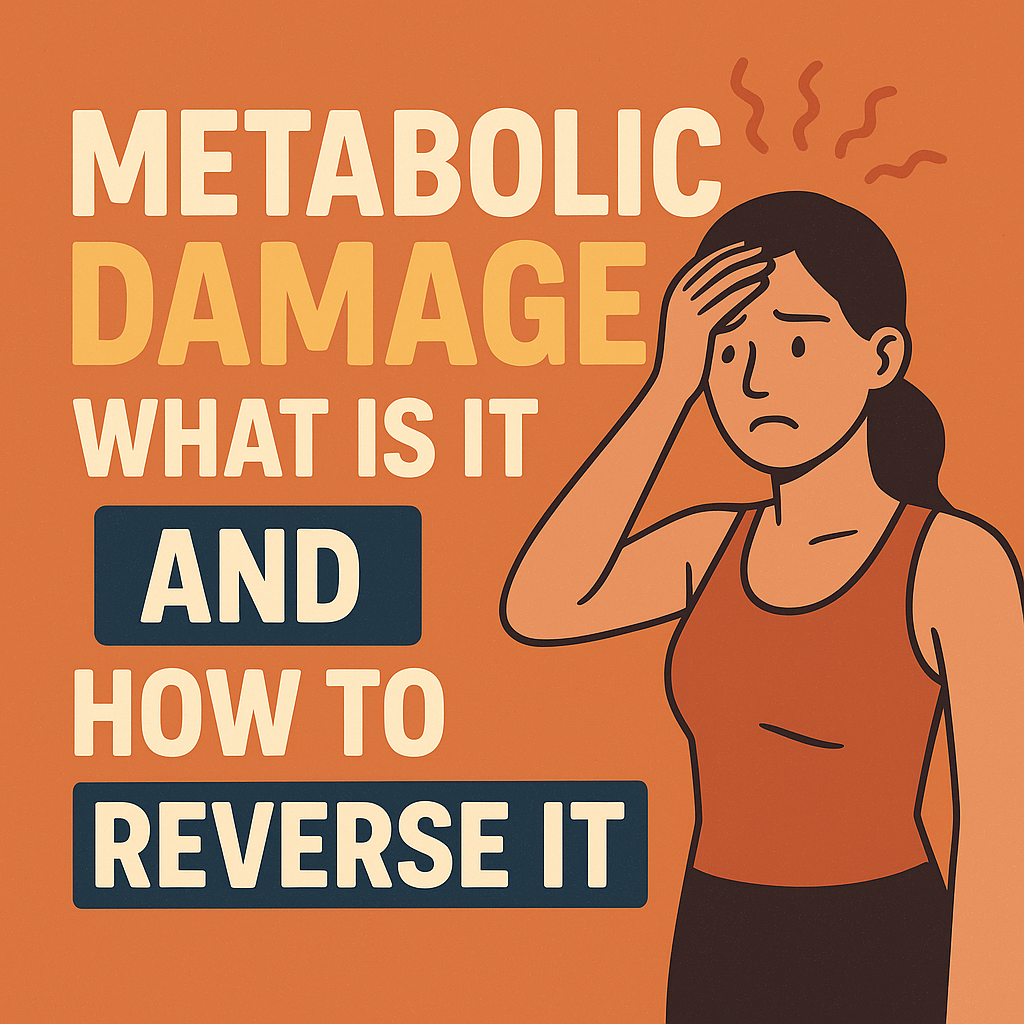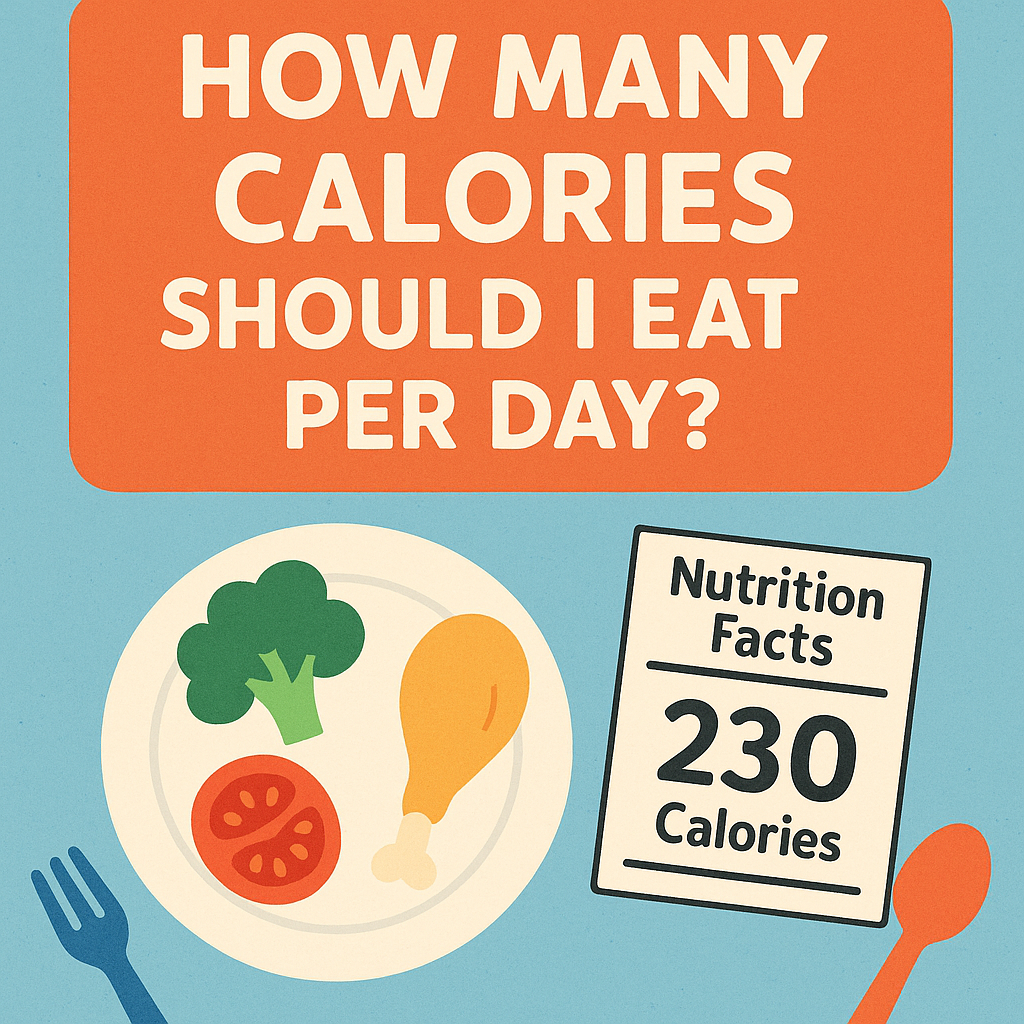Introduction
Are you tired of restrictive dieting and feeling guilty about every bite you take? Do you dream of having a healthy relationship with food and your body? Intuitive eating may be the answer.
For years, we’ve been told that the key to weight loss is to follow a strict diet, count every calorie, and deprive ourselves of our favorite foods. But what if I told you that there’s a better way? A way that doesn’t involve restriction, guilt, or shame. A way that’s based on listening to your body and honoring its needs.
This way is called intuitive eating, and it’s a game-changer. Intuitive eating is an approach to food and eating that’s based on trusting your internal hunger and fullness cues, rather than following a set of external rules or restrictions.
In this article, we’ll explore the benefits of intuitive eating for weight loss, backed by scientific research. We’ll dive into the world of intuitive eating, exploring its principles, benefits, and how it can help you develop a healthier relationship with food and your body. So, let’s get started!

What is Intuitive Eating?
Intuitive eating is an eating philosophy that’s based on listening to your body’s internal hunger and fullness cues, rather than following a set of external rules or restrictions. It’s about trusting your body to guide you in making food choices that nourish and satisfy you.
History of Intuitive Eating
The concept of intuitive eating was first introduced by two registered dietitians, Evelyn Tribole and Elyse Resch, in their 1995 book “Intuitive Eating: A Revolutionary Program That Works.” Since then, intuitive eating has gained popularity as a holistic approach to health and wellness.
Key Principles of Intuitive Eating
So, what does intuitive eating look like in practice? Here are the key principles:
1. Listening to Internal Hunger and Fullness Cues: Pay attention to your body’s signals of hunger and fullness. Eat when you’re hungry, stop when you’re satisfied.
2. Eating for Physical Rather Than Emotional Reasons: Recognize that food is for nourishment, not for emotional comfort. Find healthier ways to cope with emotions, such as exercise, meditation, or talking to a friend.
3. Allowing All Foods in Moderation: Give yourself permission to enjoy all foods, without labeling them as “good” or “bad.” Focus on variety, balance, and moderation.
4. Developing a Positive Body Image: Cultivate self-acceptance and self-compassion. Recognize that your worth and value extend far beyond your weight or appearance.
By embracing these principles, you can develop a healthier relationship with food and your body. You’ll learn to trust your internal wisdom, honor your needs, and nourish your body with kindness and compassion.
The Science Behind Intuitive Eating
Intuitive eating is more than just a philosophy – it’s backed by science. Research has shown that intuitive eating can lead to a range of benefits, from weight loss to improved mental health.
Overview of the Research
Studies have consistently shown that intuitive eating is associated with:
- Healthier eating habits
- Lower body mass index (BMI)
- Improved mental health outcomes, including reduced stress and anxiety
- Enhanced overall well-being
Physiological Mechanisms
So, what’s happening in the body when we eat intuitively? Here are some key physiological mechanisms:
- Hormonal Regulation of Hunger and Fullness: Hormones like leptin and ghrelin play a crucial role in regulating hunger and fullness. When we eat intuitively, we’re more attuned to these hormonal cues.
- Brain Regions Involved in Food Choice and Eating Behavior: The brain’s reward centers, including the hypothalamus and amygdala, are involved in food choice and eating behavior. Intuitive eating helps us develop a healthier relationship with these brain regions.
Psychological Mechanisms
Intuitive eating also has a profound impact on our psychological relationship with food:
- The Role of Stress and Emotions in Eating Behavior: Stress and emotions can trigger overeating or unhealthy food choices. Intuitive eating helps us develop emotional awareness and resilience, reducing the likelihood of emotional eating.
- Self-Regulation and Mindfulness*: Intuitive eating promotes self-regulation and mindfulness, allowing us to tune into our physical and emotional needs.
By understanding the science behind intuitive eating, we can better appreciate the profound impact it can have on our physical and mental health. In the next section, we’ll explore the benefits of intuitive eating for weight loss.

Benefits of Intuitive Eating for Weight Loss
If you’re looking to lose weight, you might be surprised to learn that intuitive eating can be a highly effective approach. While it may seem counterintuitive to ditch restrictive dieting and focus on listening to your body, the scientific evidence supports the benefits of intuitive eating for weight loss.
Improved Weight Loss Outcomes
Research has shown that intuitive eating can lead to improved weight loss outcomes. A 2014 study published in the Journal of the Academy of Nutrition and Dietetics found that intuitive eaters were more likely to experience weight loss and maintain weight loss over time.
Reduced Disordered Eating Behaviors
Intuitive eating has also been shown to reduce disordered eating behaviors, such as bingeing and purging. By developing a healthier relationship with food and your body, you can break free from the cycle of disordered eating and develop a more positive body image.
Enhanced Overall Health and Well-being
In addition to weight loss and reduced disordered eating behaviors, intuitive eating has been linked to a range of other health benefits, including:
- Improved blood sugar control
- Reduced inflammation
- Enhanced immune function
- Improved mental health outcomes
- Increased Self-Esteem and Body Satisfaction
Finally, intuitive eating can have a profound impact on self-esteem and body satisfaction. By learning to listen to your body and trust your internal wisdom, you can develop a more positive and compassionate relationship with yourself and your body.
In the next section, we’ll explore some common misconceptions about intuitive eating and provide tips for getting started with this approach.
Common Misconceptions About Intuitive Eating
As intuitive eating has gained popularity, some common misconceptions have arisen. Let’s set the record straight:
Misconception #1: “Intuitive eating means eating whatever I want, whenever I want.”_
Reality: Intuitive eating is not about giving in to every craving or eating impulsively. It’s about developing a healthier relationship with food and your body by listening to your internal hunger and fullness cues.
Misconception #2: “Intuitive eating is only for people with disordered eating.”
Reality: While intuitive eating can be particularly helpful for individuals with disordered eating, it’s beneficial for anyone looking to develop a healthier relationship with food and their body.
Misconception #3: “Intuitive eating means I’ll never be able to lose weight.”_
Reality: Research has shown that intuitive eating can actually lead to weight loss and improved weight management. By listening to your body’s internal cues, you’ll be more likely to make sustainable, balanced food choices.
Misconception #4: “Intuitive eating is too restrictive or rules-based.”
Reality: Intuitive eating is actually the opposite – it’s about breaking free from restrictive dieting rules and listening to your body’s internal wisdom.
Misconception #5: “Intuitive eating requires a lot of time and effort.”
Reality: While it may take some time to adjust to intuitive eating, it can actually save you time and energy in the long run. By listening to your body, you’ll be less likely to overthink food choices or spend hours planning meals.
By understanding what intuitive eating is (and isn’t), you can start your journey towards a healthier, more balanced relationship with food and your body.

How to Practice Intuitive Eating
Now that you know the benefits of intuitive eating, it’s time to start practicing. Here are some practical tips to help you incorporate intuitive eating into your daily life:
Paying Attention to Hunger and Fullness Cues
1. Eat when you’re hungry: Pay attention to your body’s internal hunger cues, such as a growling stomach or a feeling of lightheadedness.
2. Stop when you’re satisfied: Listen to your body’s fullness cues, such as a feeling of comfort or a slight decrease in hunger.
3. Avoid eating out of boredom: Find other ways to cope with boredom, such as going for a walk or practicing deep breathing exercises.
Eating Slowly and Mindfully
1. Savor your food: Pay attention to the taste, texture, and smell of your food.
2. Eat slowly: Take small bites and chew slowly to give your body time to register feelings of fullness.
3. Avoid distractions: Turn off the TV, put away your phone, and eat in a distraction-free environment.
Allowing All Foods in Moderation
1. Give yourself permission: Allow yourself to enjoy all foods, including those you may have previously considered “off-limits.”
2. Practice moderation: Eat foods you enjoy in moderation, rather than feeling like you need to deprive yourself or overindulge.
3. Focus on variety: Aim to include a variety of foods in your diet to ensure you’re getting all the nutrients your body needs.
Developing Self-Compassion and Self-Care Practices
1. Practice self-kindness: Treat yourself with kindness and compassion, rather than judgment or criticism.
2. Take care of your physical needs: Get enough sleep, exercise regularly, and engage in activities that bring you joy and relaxation.
3. Seek support: Surround yourself with supportive people who encourage and support your intuitive eating journey.
By incorporating these practical tips into your daily life, you’ll be well on your way to developing a healthier, more balanced relationship with food and your body.
Conclusion
As we conclude our journey through the world of intuitive eating, it’s clear that this approach offers a wealth of benefits for weight loss and overall well-being. By listening to your body’s internal cues, eating mindfully, and cultivating self-compassion, you can:
- Develop a healthier relationship with food and your body
- Break free from restrictive dieting and disordered eating patterns
- Achieve sustainable weight loss and improved weight management
- Enhance your overall physical and mental health
Intuitive eating is not a diet or a quick fix, but a journey towards developing a healthier and more positive relationship with food and your body. It’s a path that requires patience, self-awareness, and kindness, but one that ultimately leads to greater freedom, confidence, and well-being.
As you embark on your own intuitive eating journey, remember that it’s okay to take things one step at a time. Be gentle with yourself, and don’t be afraid to seek support from healthcare professionals, registered dietitians, or like-minded individuals.
By embracing intuitive eating, you’ll be joining a community of individuals who are committed to cultivating a healthier, more balanced relationship with food and their bodies. So, take a deep breath, listen to your body, and trust that you have the wisdom to nourish yourself in a way that’s both loving and sustainable.





